The Visual Arts, Media, Drama and Music programmes at SIS are a pathway to self expression, collaboration and unleashing deep creativity in our students.
The Visual Arts, Media, Drama and Music programmes at SIS are a pathway to self expression, collaboration and unleashing deep creativity in our students.
The Visual Arts programme offers students the opportunity to explore culture, understand context and practice critical thinking. Students study and acquire skills, techniques and processes involved in making artworks and they curate their own exhibition to communicate with an audience. This means students cover the Visual Arts from every angle by studying artists, artworks and techniques, by engaging in experimentation, in ideation, by creating their own portfolio of artworks and by communicating what they have learnt though their own expression and exhibition.
What might students know and understand in visual art?
What skills might students develop in visual art?
How might students think creatively in visual art?
How might students respond to, or through, visual art?
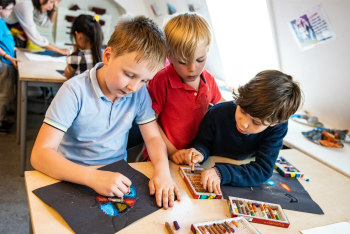
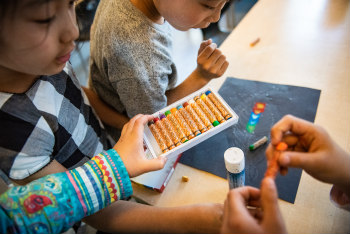
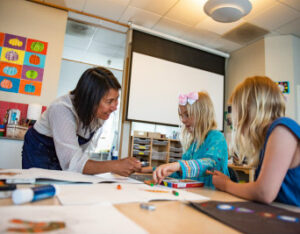
The Drama programme engages students in growing their creative, reflective and communication skills through practical work. Students enjoy an active relationship with the theatre through autonomous learning and exploration. Emphasis is placed on the creative process as an essential component of their artistic development through continuous investigation, planning, goal setting, rehearsing, performing, reflection and evaluation.
What might students know and understand in drama?
What skills might students develop in drama?
How might students think creatively in drama?
How might students respond to, or through, drama?
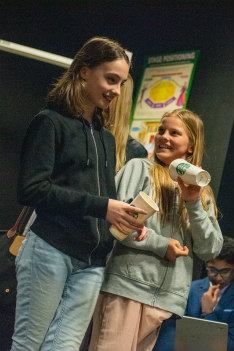
The Music programme offers students access to musical experiences that develop thinking skills, intuitive skills, practical abilities, communication and collaboration. But especially the programme allows students to understand the significance of music to the cultures of the world and, by engaging in practical work, to develop understanding of how the act of making music is a significant and universal aspect of human expression.
SIS offers a fantastic range of musical opportunities ranging from choirs to various ensembles and individual instrumental and vocal tuition. The Music department even has its own Saturday morning theatre school, which offers tuition in dance, drama and singing.
After School Music Activities includes singing in various choirs, or playing in Orff Ensemble, String Group ( both Junior and Senior grade levels), Junior Ukulele and Recorder clubs.
Of course there is a PTA choir for parents and staff, of which our current Director is an active member!
Joining in with all any of these groups offers the opportunity to perform in our public events throughout the year, such as Graduation, End of Year, UN Day and our recently founded Spirit Concert celebrations.
Music can be heard all around the school with our Instrumental/Vocal Program which provides individual lessons with a tutor in any number of instruments including strings, piano, drums, guitar, woodwind, brass and voice. This program has top music industry professionals not only from across the globe but from Sweden’s leading orchestras, Royal Household Band and premier concert houses, who come each week to instruct our students. Students on this program can take part in music recitals twice a year to showcase their work.
What might students know and understand in music?
What skills might students develop in music?
How might students think creatively in music?
How might students respond to, or through, music?
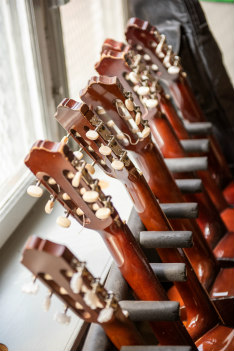
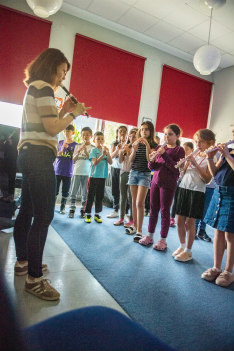
The Media programme gives students the chance to understand better the power of media as a tool for expression and investigation by learning about and creating media themselves. They get to examine film as an art form, to explore the evolution of film, discover film production, collaborate in making a film themselves and create projects and reports on fall aspects of film which also allows students to develop planning and organisational skills within a highly motivating context.
Access to technology in the arts have given the tools of visual art a very broad palette. Digital technology, as in digital art, photography and time-based art, add to traditional practice and bring an extra dimension and meaning to the students’ experience in the visual art.
What might students know and understand in integrated visual art & media?
What skills might students develop in integrated visual art & media?
How might students think creatively in integrated visual art & media?
How might students respond to, or through, integrated visual art & media?